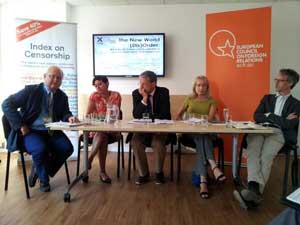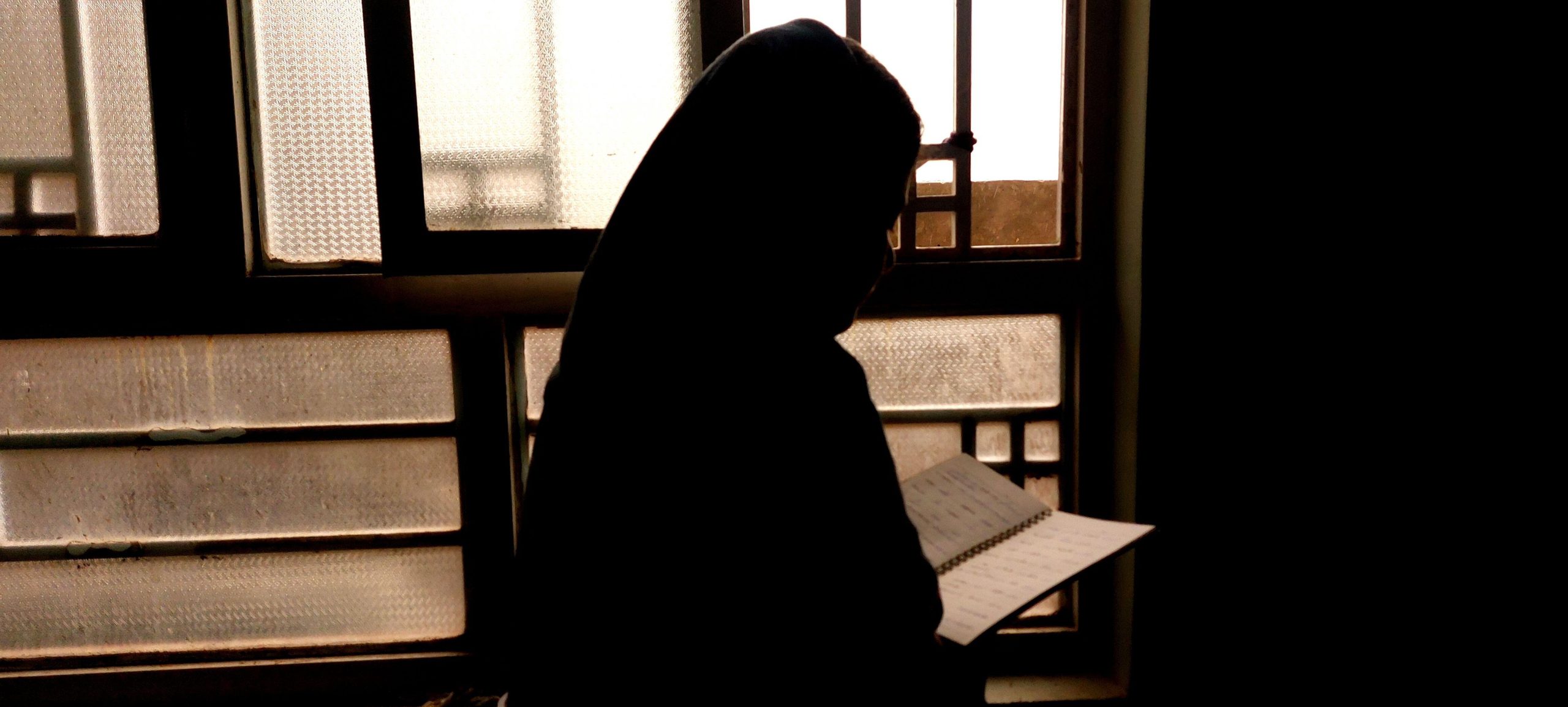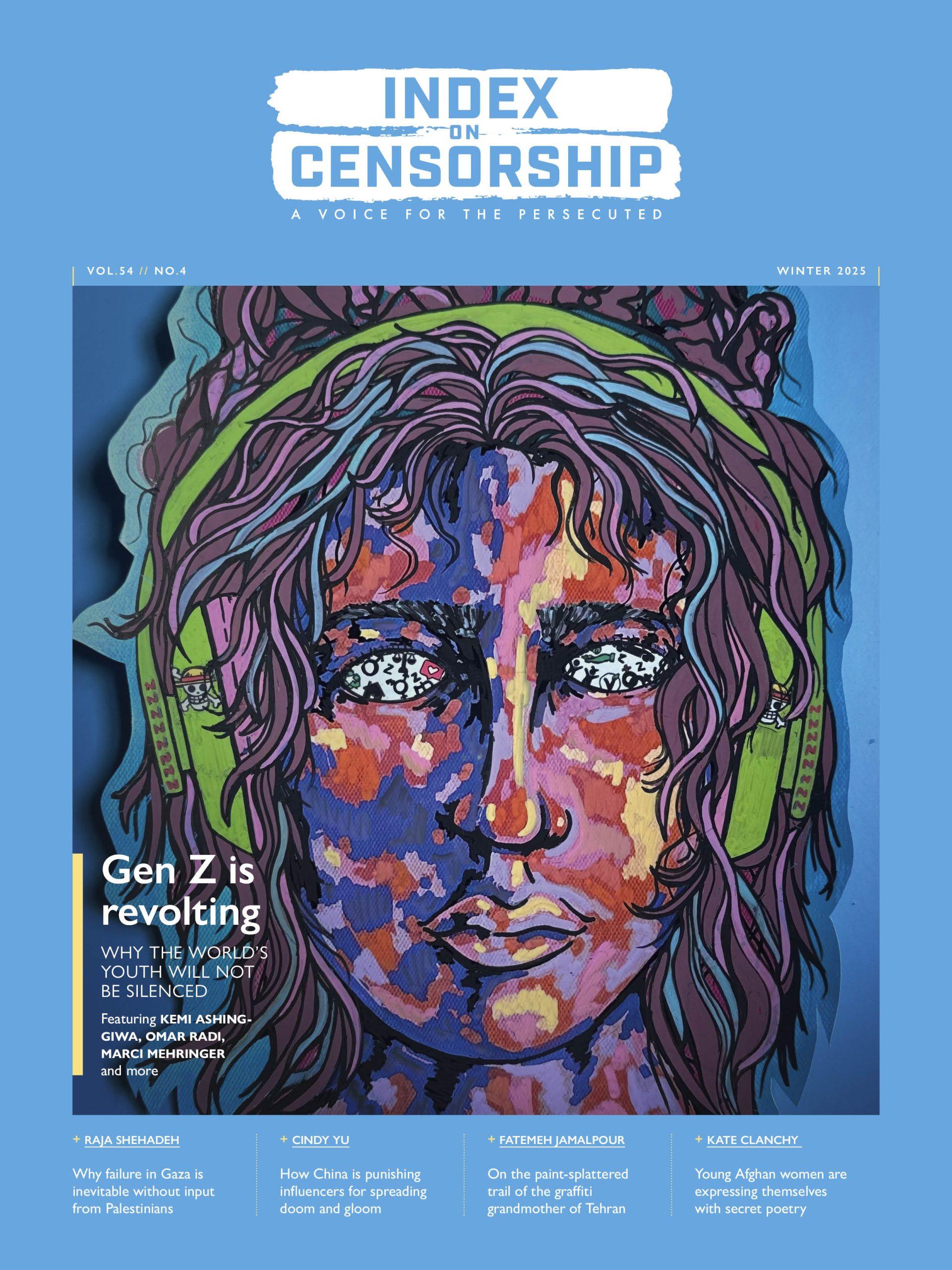Index, in partnership with the European Council on Foreign Relations, held a debate launching the latest issue of Index on Censorship magazine looking at the recent protests in Turkey, Russia and Brazil and what they tell us about public attitudes to freedom and rights.
The discussion explored the difficulties in protecting freedom of speech when political and social power is shifting across the globe. Panelists included Index CEO Kirsty Hughes, ECFR Senior Policy Fellow Anthony Dworkin, Keith Best, CEO of Freedom From Torture, and Turkish journalist and writer Ece Temelkuran.
The New World (Dis)Order event by @IndexEvents at @ecfr pic.twitter.com/EMsIg3JpGd
— Andrei Aliaksandrau (@aliaksandrau) July 18, 2013
Temelkuran, who has been a vocal critic of Turkish Prime Minister Recep Tayyip Erdoğan, spoke about the decline in media freedom and credibility since the start of anti-government protests in the country:
#disorder @ETemelkuran 124 journalists have been harassed by opponents of the ongoing protests — Index Events (@IndexEvents) July 18, 2013
#disorder @ETemelkuran Turkish media has reached the apocalypse. Basics of journalism not performed in #turkey — Index Events (@IndexEvents) July 18, 2013
#disorder@ETemelkuran Turks have no faith in the mainstream media. It’s over for media. #Turkey — Index Events (@IndexEvents) July 18, 2013
Dworkin, meanwhile, spoke about anti-government protests, and how they play into the shift in power on the global stage, and also reflect a loss of faith in the democratic process:
#disorder @AnthonyDworkin The decline of the credibility of the US and EU states has made it hard to support protest movements — Index Events (@IndexEvents) July 18, 2013
#disorder @AnthonyDworkin The new battleground is a “closing space” by governments cracking down on expression — Index Events (@IndexEvents) July 18, 2013
#disorder @AnthonyDworkin Protests around the world are connected by a feeling being excluded from representative government — Index Events (@IndexEvents) July 18, 2013
#disorder@AnthonyDworkin When does popular mobilisation become popular rejection of the political process — Index Events (@IndexEvents) July 18, 2013
Index CEO Kirsty Hughes argued that democracies must work hard to protect free speech, especially when we’ve moved towards a multipolar world:
#disorder @Kirsty_Index We’ve seen a much more rapid move to a multipolar world than we would have expected. — Index Events (@IndexEvents) July 18, 2013
#disorder @Kirsty_Index Power is not just safe in the hands of the “good guys” post-#PRISM — Index Events (@IndexEvents) July 18, 2013
#disorder @Kirsty_Index How do you get countries like Brazil and India to challenge China, US, UK on digital freedom? — Index Events (@IndexEvents) July 18, 2013
#disorder @Kirsty_Index We’re in a very difficult place. If all of the democracies are disordered, #China and #Russia can exploit. — Index Events (@IndexEvents) July 18, 2013
Let’s not be naive about democracy: we must work hard to ensure free speech is protected in US & Europe says @Kirsty_Index #disorder — Natasha Schmidt (@tasheschmidt) July 18, 2013
Keith Best, from Freedom from Torture, argued that the undermined authority of western powers has also meant a rise in impunity for torture:
#disorder Keith Best @FreefromTorture The so-called war on terror has enabled the principal defender of human rights to become a pariah — Index Events (@IndexEvents) July 18, 2013
#disorder Keith Best @FreefromTorture Bush said that torture was an acceptable means of getting information
— Index Events (@IndexEvents) July 18, 2013
The panel also discussed the role of technology in shifting the balance of power globally, after an audience member asked whether or not “bottom up politics are weakening the institutions of the state.”:
#disorder @AnthonyDworkin Technology is a big part of what’s happening, but it’s only part. There’s a shift in power away from states
— Index Events (@IndexEvents) July 18, 2013
#disorder @AnthonyDworkin The distribution of power in the world system doesn’t take into account the changes that are happening — Index Events (@IndexEvents) July 18, 2013
#disorder @AnthonyDworkin These new forms of citizenship can weaken the state. The challenge is to maintain pluralism. — Index Events (@IndexEvents) July 18, 2013
#disorder @Kirsty_Index I don’t think the protesters are weakening the institutions. They are protesting about the weaknesses
— Index Events (@IndexEvents) July 18, 2013
#disorder @Kirsty_Index We shouldn’t be too pessimistic. People are demanding their rights.
— Index Events (@IndexEvents) July 18, 2013
#disorder @Kirsty_Index Perhaps the deep failings of the West in the last 10 years will encourage Brazil and India to step up — Index Events (@IndexEvents) July 18, 2013
#disorder @ETemelkuran People are lacking faith in power. They are looking for a new way of politics. — Index Events (@IndexEvents) July 18, 2013
#disorder @ETemelkuran They are looking to build a digital agora. They are giving a struggle to be visible.
— Index Events (@IndexEvents) July 18, 2013
#disorder@ETemelkuran Protesters are looking for a new citizenship.
— Index Events (@IndexEvents) July 18, 2013
For a range of in-depth reports and articles on journalism, freedom of speech, censorship and arts check out the latest issue of the magazine here. Be sure to follow @IndexEvents for more updates on our exciting events and discussions






